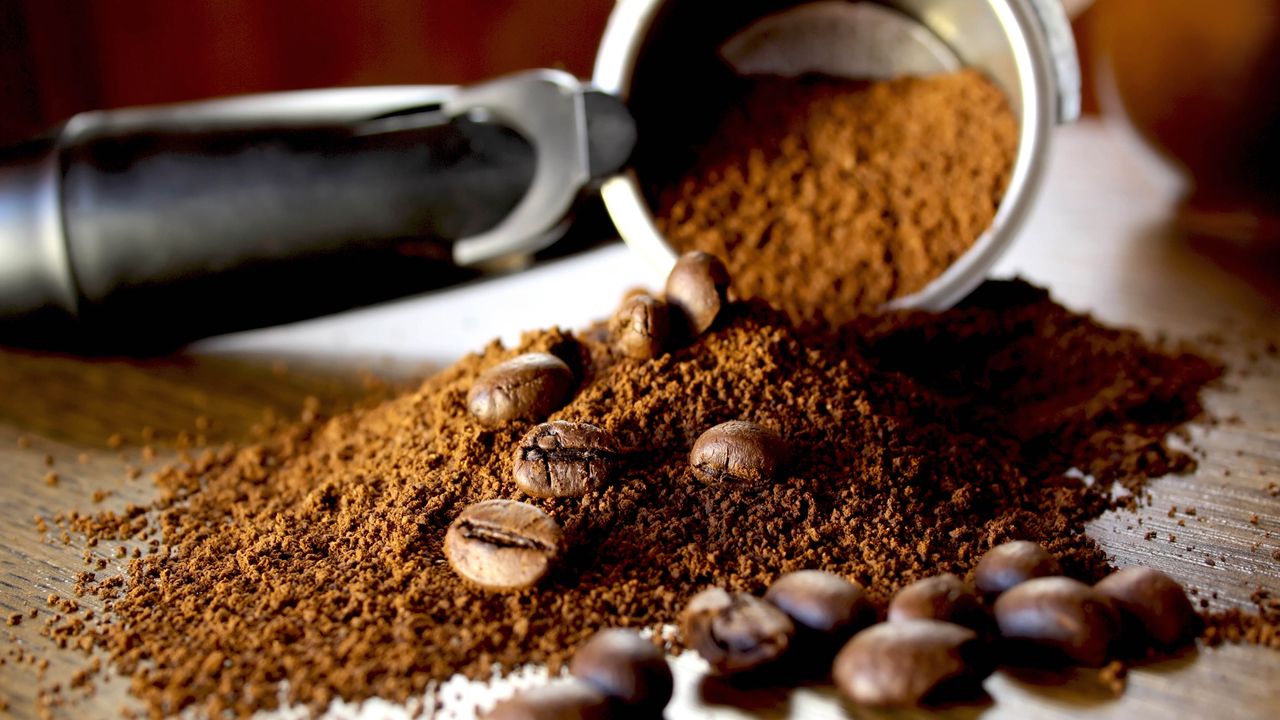
We are all creatures of habit and have regular routines. I have an early morning ritual of using one of the best coffee makers to make a fresh brew and then enjoying it as part of my transition from sleep to wakefulness. It sets me up for the day.
However, part of the routine of brewing coffee is how you dispose of the coffee grounds once you’ve finished. And it's very likely follow the same pattern after you make each brew.
But, instead of starting your day on a bright note, disposing of your coffee grounds in one way, could turn your day sour.
Instead of disposing of coffee grounds properly, you might be blocking your sink by throwing them down your drain. It might not appear harmful on the odd occasion, although I wouldn’t recommend it, but one-off actions can quickly become habits.
While you’re probably already aware of the damage that pouring hot fat down a drain can cause — it’s one of the most common sources of plumbing issues and can block pipes and drainage.
Coffee grounds are another reason why plumbers are called out.
Why are coffee grounds bad for your plumbing?
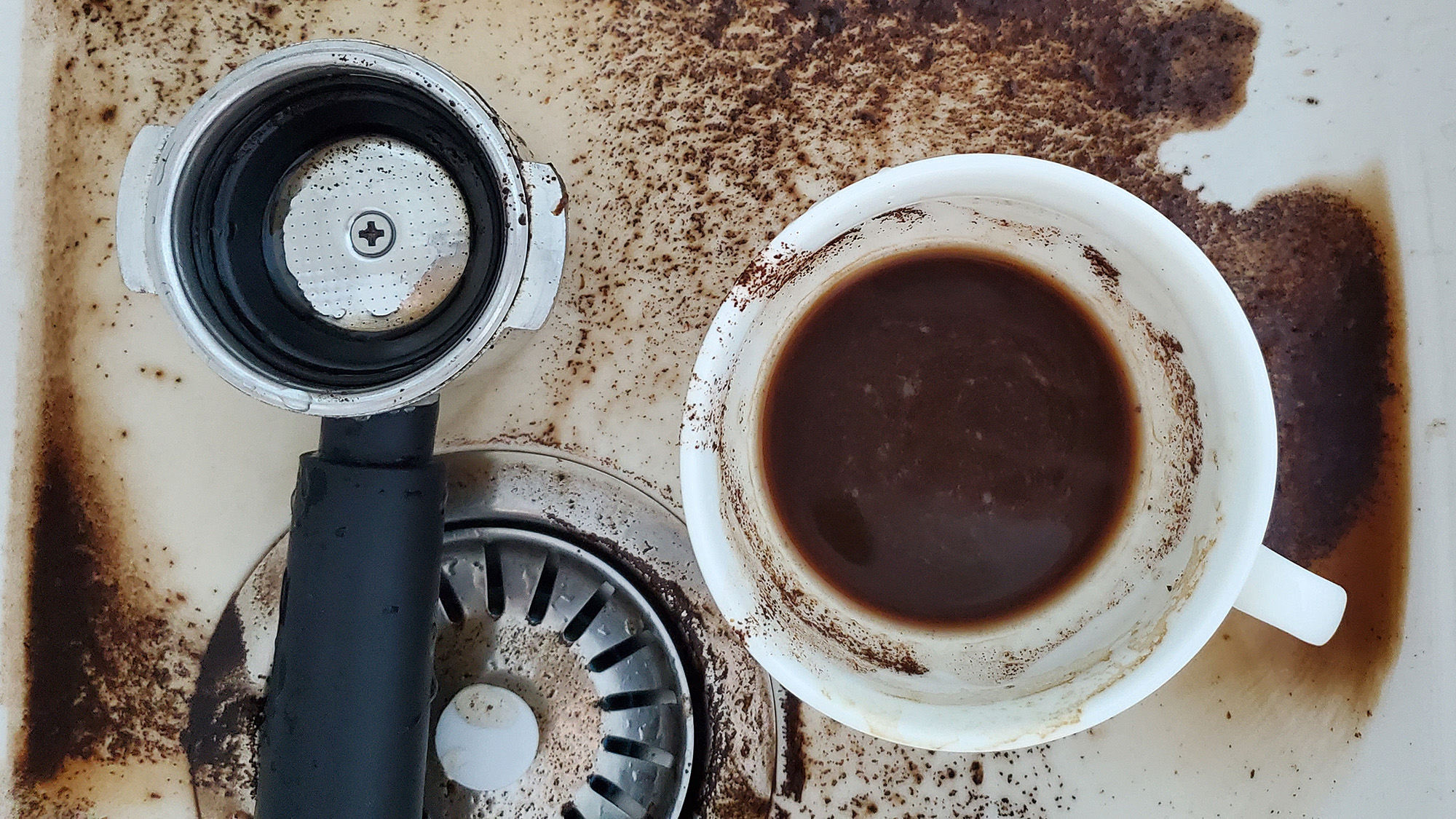
Coffee grinds can accumulate... and cause clogs and back-ups in your kitchen
Aaron Adams, Master Plumber and CEO at Aaron Services
Unlike instant coffee, which dissolves in water, coffee grounds don’t.
“If you’ve ever used a French press, you see that these grinds settle at the bottom of water,” explains Aaron Adams, Master Plumber and CEO at Aaron Services, “Their weight causes them to accumulate in drains, and they stick around because they don’t dissolve in water.”
So, when put down a drain, they clog together in clumps, with Adams explaining, “Almost every drain in a home has a P-trap, a U-shaped pipe, at the beginning of the drain, where water sits and seals out sewer gas smells. Coffee grinds can accumulate in these traps and cause clogs and back-ups in your kitchen.”
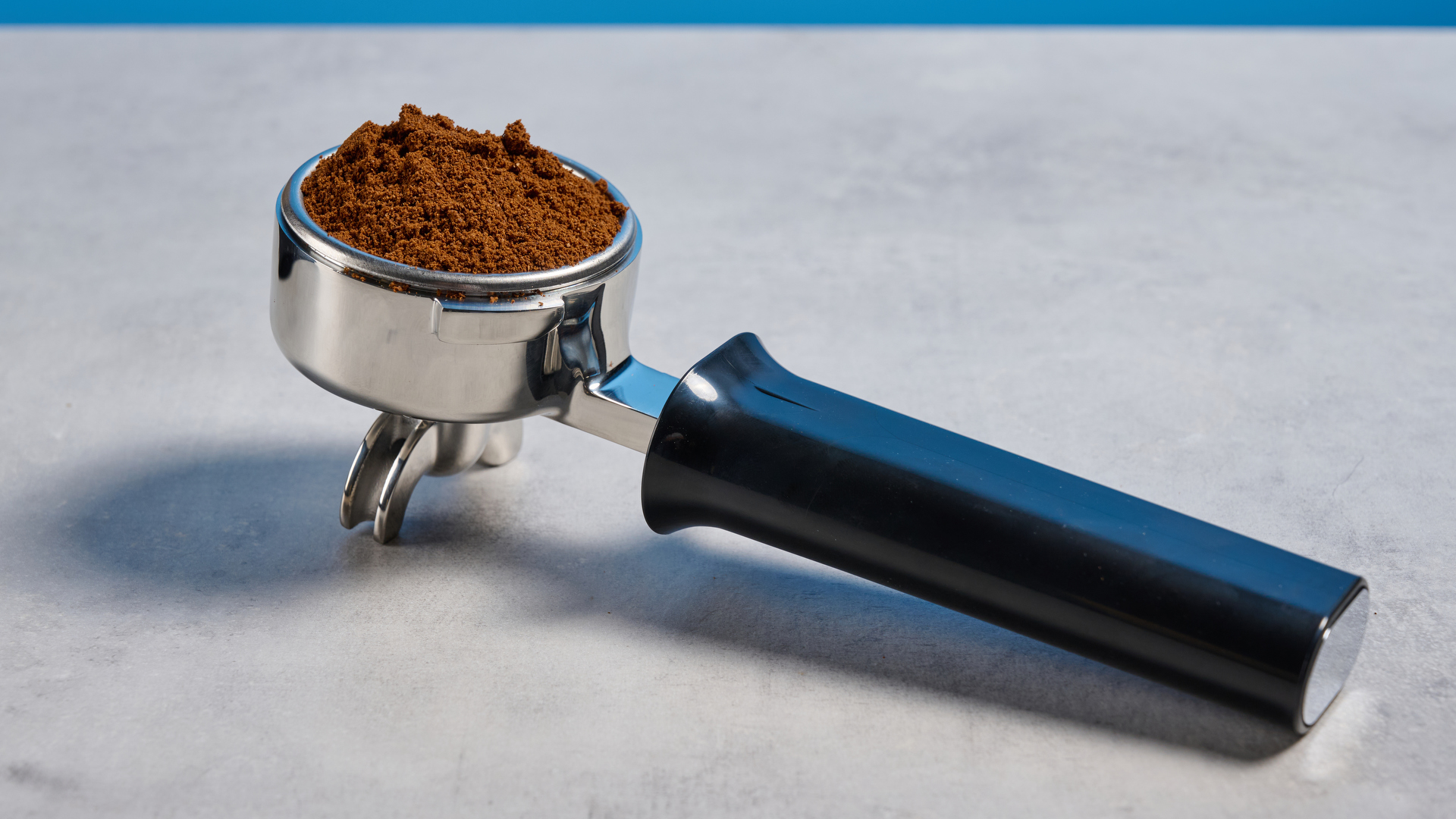
The problem is intensified when you add further drain blockers.
“Grease and soap residue with the coffee grounds in your pipes create a thick paste which has the effect of clay and cannot dissolve in water,” explains Emily Demirdonder, director of operations and marketing at Proximity Plumbing.
If you have an already partially clogged sink, Adams says coffee grinds could be the final “death blow”, and he adds, “A partially clogged sink means that the diameter of your drain is already restricted by debris and buildup. Coffee grinds can fill in the gaps where water is still slipping through, to create a complete clog.”
You might be alarmed at how a small amount can cause a problem. “Even a few tablespoons a day can lead to slow drainage, foul odors and total blockage,” says Demirdonder, “which may cost approximately $250 to clear using plumbing tools.”
What to try before calling in a plumber
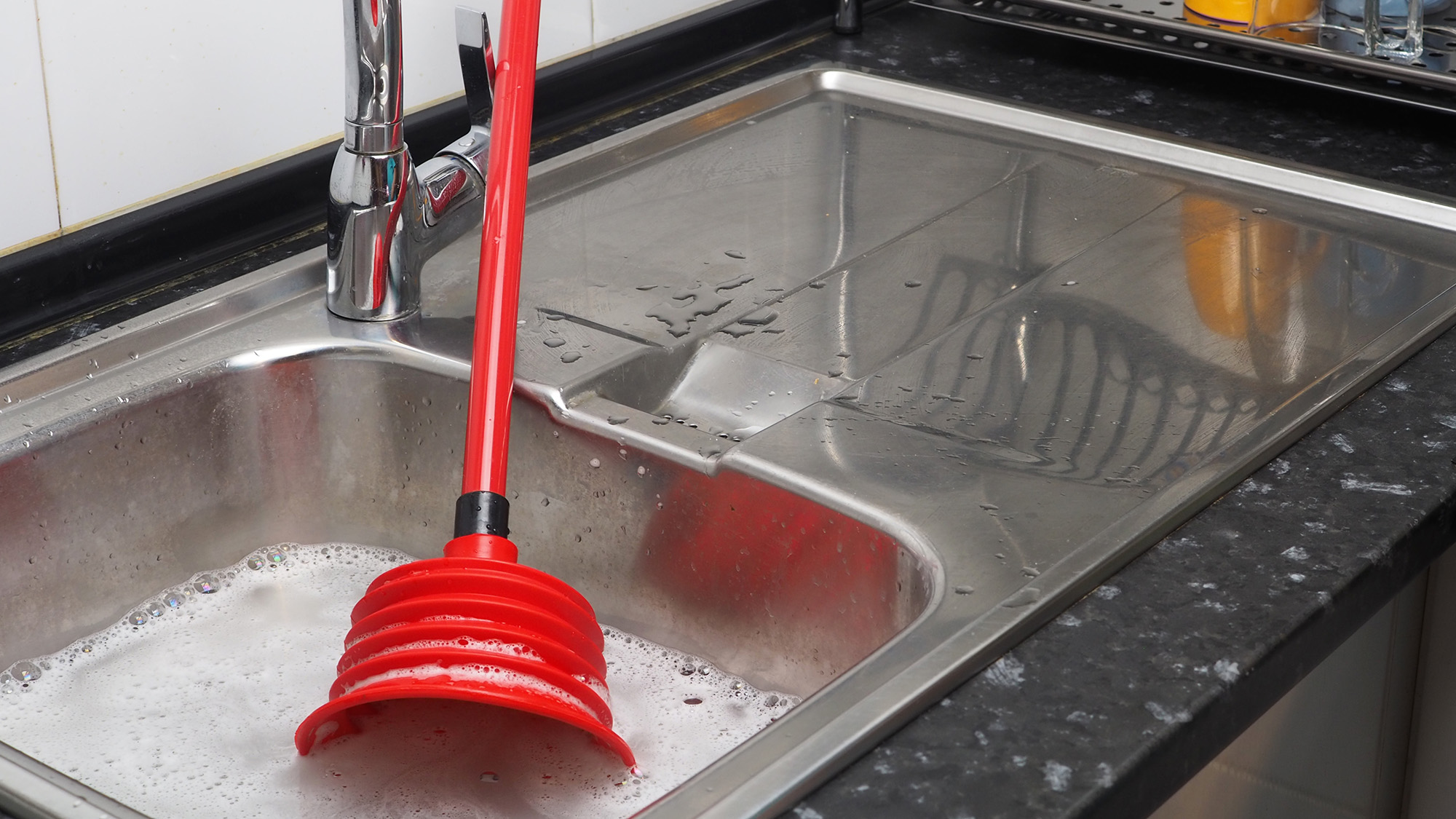
Adams says unblocking a kitchen sink can be more complicated than tackling a bathroom sink, where you can take apart a P-trap with a few tools. “You often have a dishwasher and garbage disposal complicating the situation, and sometimes a double basin sink adds to the challenge,” he explains.
Demirdoner recommends pouring boiling water down the sink with a mix of dish soap. If this doesn’t shift the blockage, she suggests using a plunger to loosen it, followed by a wet vacuum or drain snake.
But she warns, “Chemical drain cleaners should be avoided as they erode the piping and weaken the seals.”
However, what’s possible will depend on your sink and plumbing setup. Depending on your DIY skills, the safest option might be to call in a plumber, rather than being left with a flood in your kitchen or plumbing parts that you can’t put back correctly.
What to do with your coffee grounds instead?
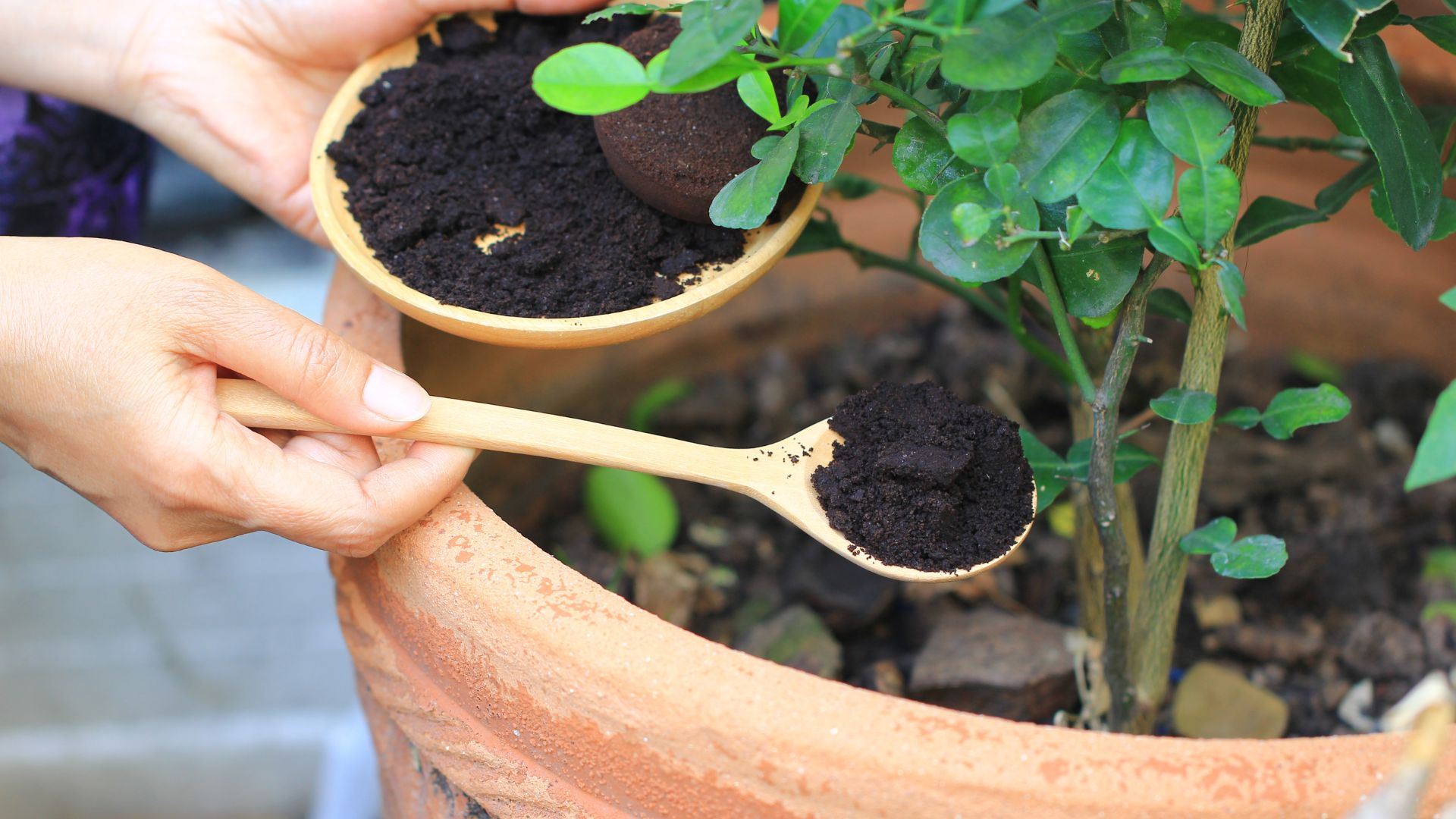
As soon as I finish making a brew, I tip my coffee grounds into my food compost bin — yes, it’s a habit.
There are also lots of ways you can use coffee grounds around your home. They can be used in your yard, to repel squirrels and keep them away from bird feeders. Coffee grounds can repel ants and other pests, as well as being used as a fertilizer to improve your lawn. What’s more, coffee grounds can enrich compost, decrease your soil's pH level, and create a mulch.
While throwing your used coffee grounds straight into the trash is a better alternative than putting them down the sink, there are far better ways to use old coffee grounds without letting them go to waste.







